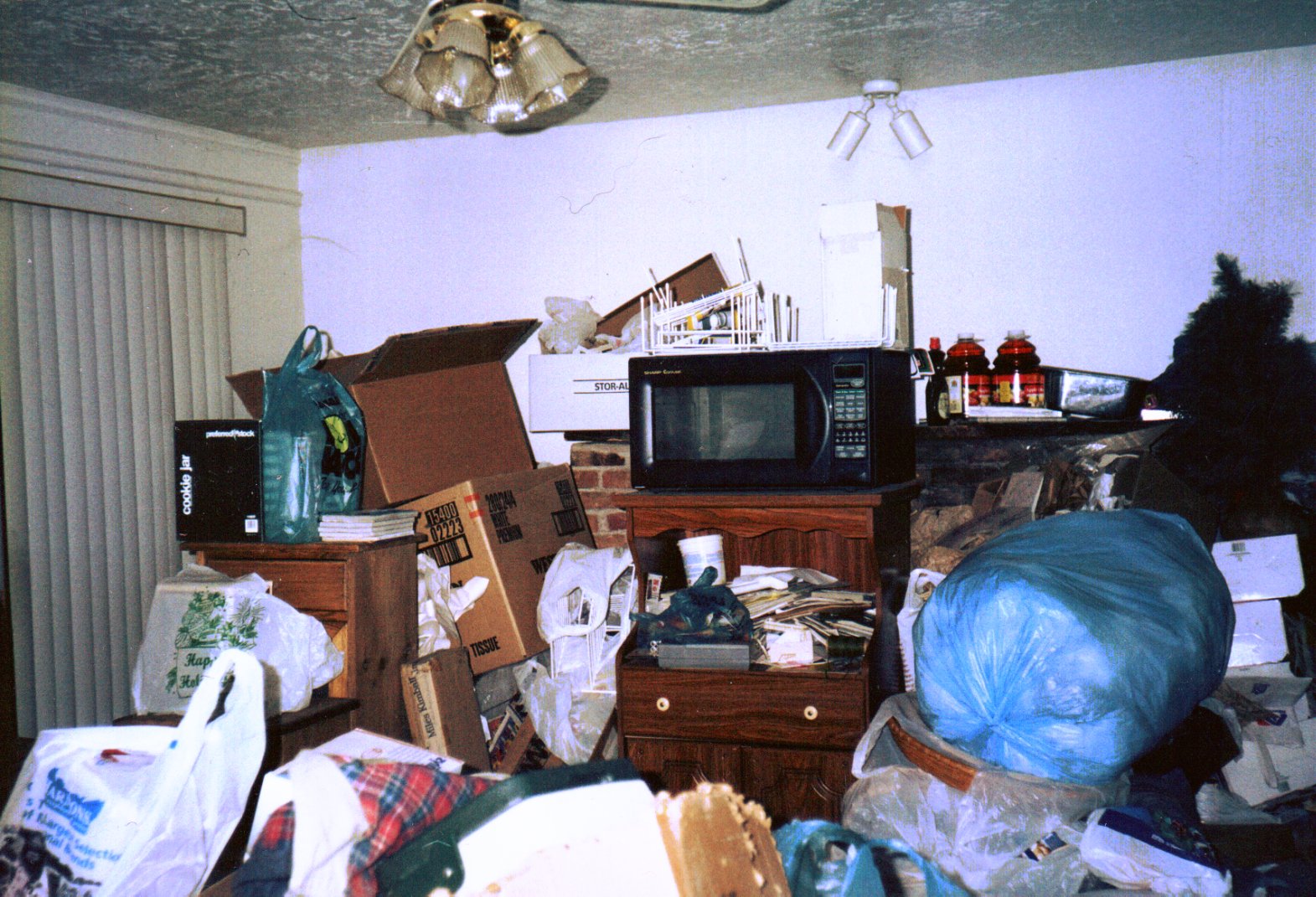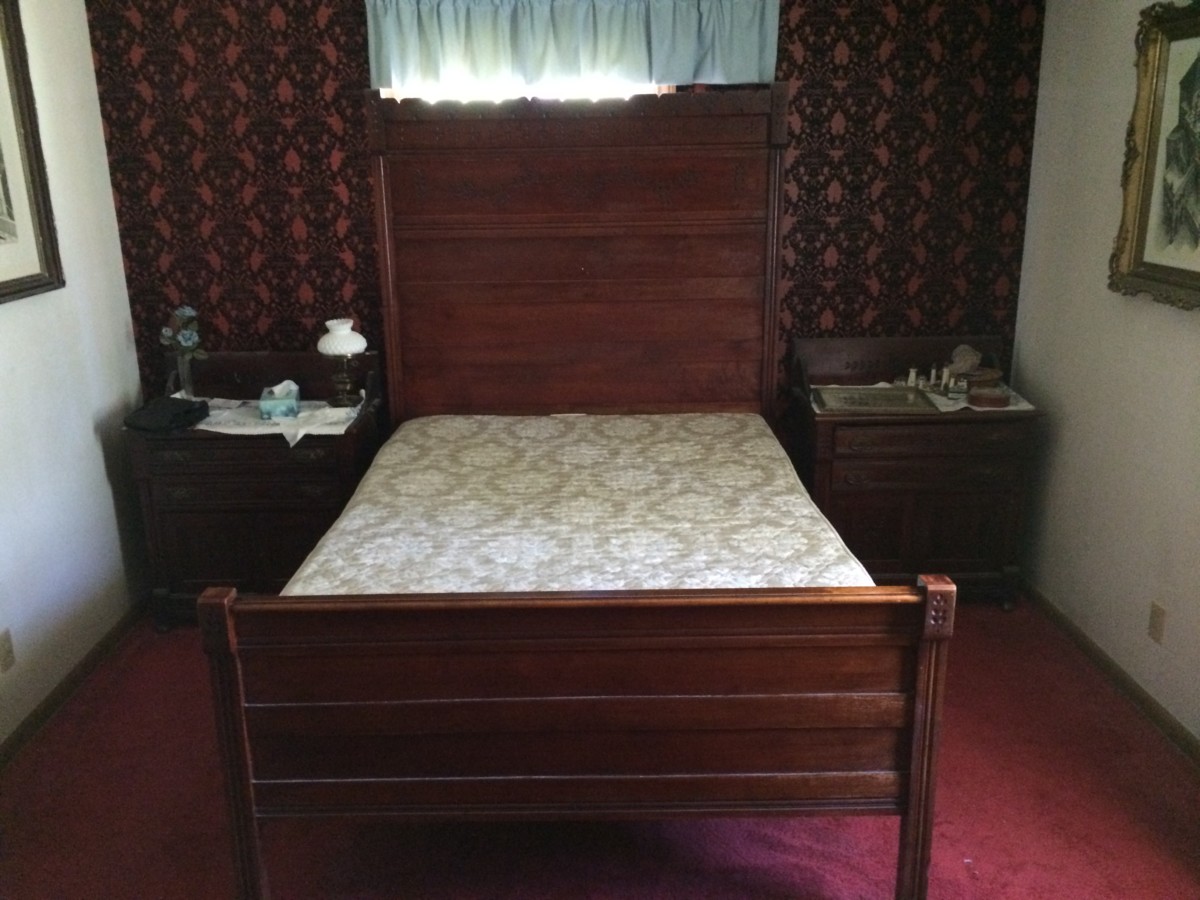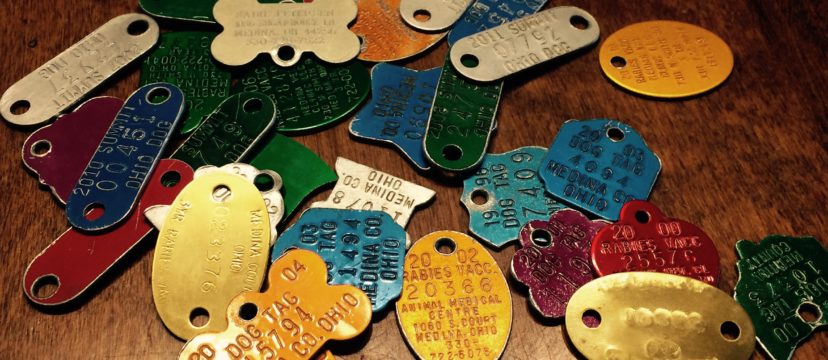5 Reasons You Should Start Coming To My Auctions
Nearly every auction I do I think to myself: “If [fill in the blank] would just come to auctions we could change their lives.”
- College students
- Low income folks
- Elderly
- People thinking about starting a business
- People that are just bored on a Saturday afternoon
Auctions are like this seemingly private club. There are “auction” people and then there is everyone else.
I think people are nervous about going to an auction. They don’t know what to expect. They don’t know if they are going to be confused. They don’t know how much money they are going to spend.
If nothing else, under this about any of the Rubber City Auctions:
- It’s free to come.
- You are NEVER required to buy anything.
- You can just come and eat a hot dog.
- You can just come and watch.
- If you want a bidder number we ask for a photo ID in case you want to write a check. (We ask everybody for this just to keep things universal.)
- If you don’t have a photo ID come anyway and let us know. We probably can work with you.
- We almost always have free hot dogs. It’s kind of our signature thing. You can just come for the hot dogs.
- You can come any time during our auctions. I like to keep auctions under 2 hours. I think people get tired (me included) after that.
- Our doors usually open two hours before an auction so you can come check stuff out.
- If you want to bid I suggest getting to the auction maybe 15 minutes early so you can get your bidder number and you don’t miss out on any items. I often auction some of the best stuff first.
So that’s how the process works. But here are 5 reasons why I REALLY think you should come to our auctions.
Reason #1 you should come to a Rubber City Auction
DEALS. DEALS. DEALS!
You will not believe the deals you will get on things. Standard household item auctions are like buying wholesale. In fact, that’s how a lot of our regulars use us. They buy stuff from our auction and then go resell it.
But if you need a table, or a cool chair or some stuff for your house you have got to come check out what we have. You simply won’t believe the prices on things.
Reason #2 you should come to a Rubber City Auction
Rubber City Auctions are fun. I don’t waste people’s time. But I also make a big effort to have fun and keep you entertained. I’ve been told I should take my auction to America’s Got Talent. I’m probably not going to do that. So you’ll just have to come check us out at one of our auctions.
Reason #3 you should come to a Rubber City Auction
It’s like a little community. It’s like that bar Cheers where “Everybody Knows Your Name.” You see new friends you’ve made and you get to catch up with them.
Reason #4 you should come to a Rubber City Auction
We love newcomers. Some auction houses feel a little elitist. If you are new to the whole game it can be disorienting.
If you are new to auctions just mention that to me or one of the people working with us. We’ll give you a little primer and help you along the way.
Reason #5 you should come to a Rubber City Auction
We often auction items that were donated to our sister charity, The Homeless Charity. We also hire homeless to work the auction. So when you come to a Rubber City Auction you are making a big impact in helping the homeless in your community.
So there you have it. You really should come and check us out. We’d love for you to come to one of our auctions.
I think you’ll love it and probably will get hooked on the auction bug.






